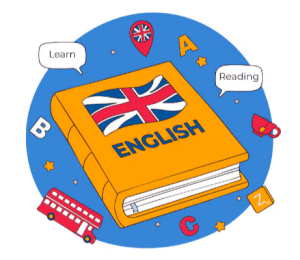На этой странице вы можете пройти бесплатное пробное тестирование для подготовки к ОЗП (Оценка Знаний Педагогов) по блоку Английский язык. Данный тест разработан специально для педагогов основного, среднего и общего среднего образования и включает 50 вопросов. Он поможет вам оценить свой уровень как в предметных знаниях английского языка, так и в современных методиках его преподавания, что крайне важно для успешной аттестации.
![]() Пробное ОЗП — (оценка знаний педагогов) бесплатное онлайн тестирование по категориям
Пробное ОЗП — (оценка знаний педагогов) бесплатное онлайн тестирование по категориям
![]() Пробное ОЗП для педагогов основного среднего и общего среднего образования.
Пробное ОЗП для педагогов основного среднего и общего среднего образования.
![]() Методика преподавания (20 случайных вопросов)
Методика преподавания (20 случайных вопросов)

